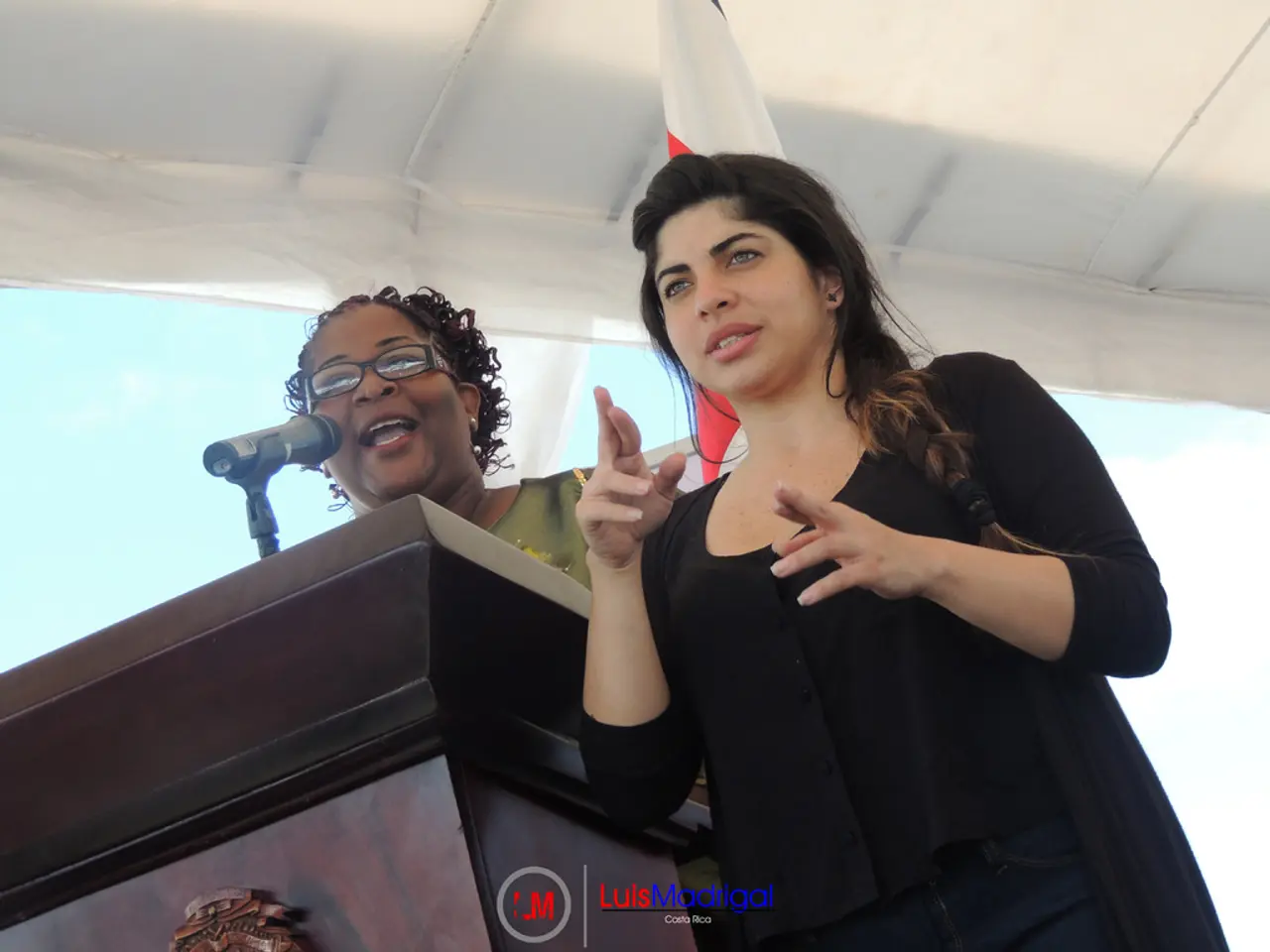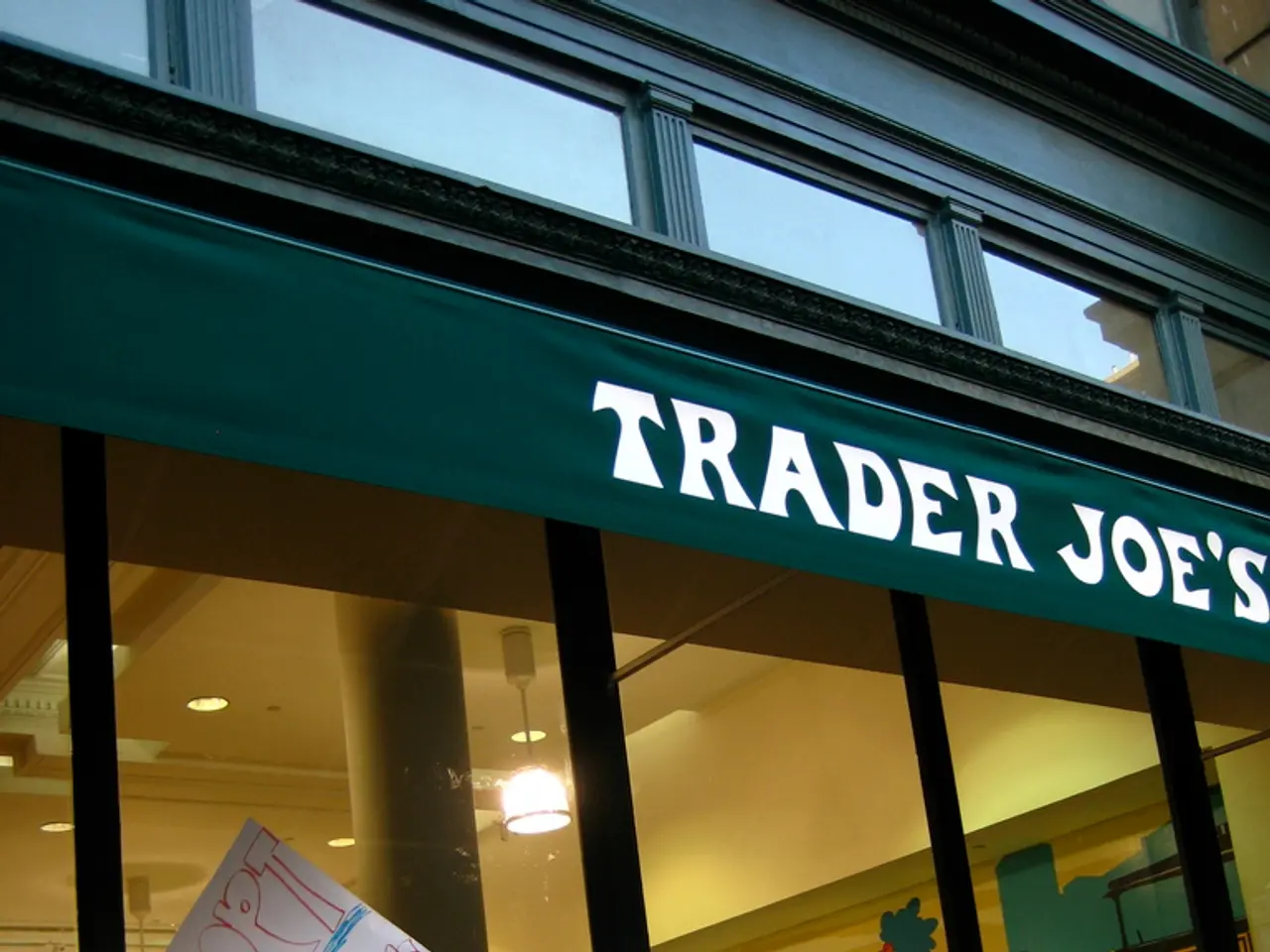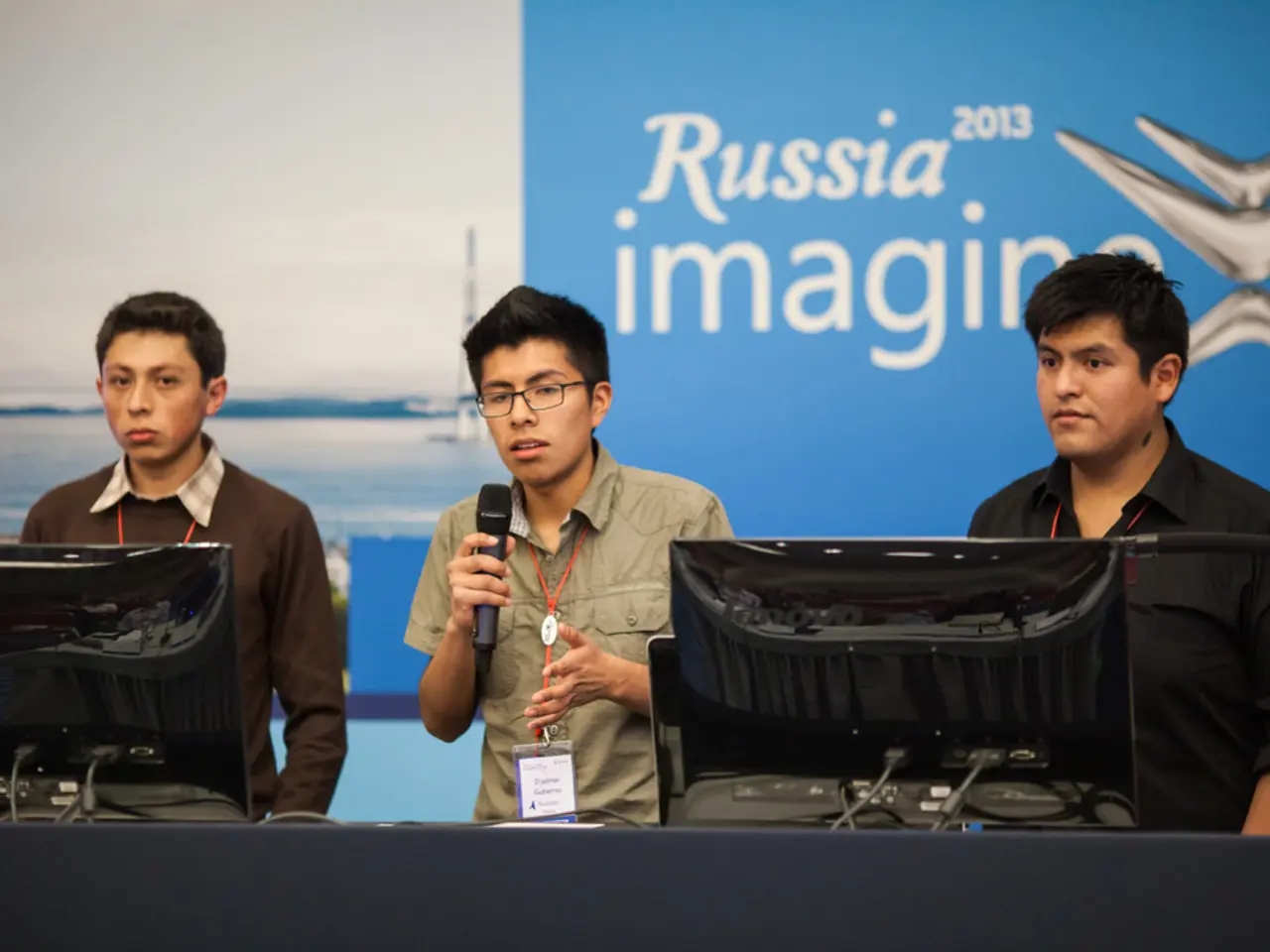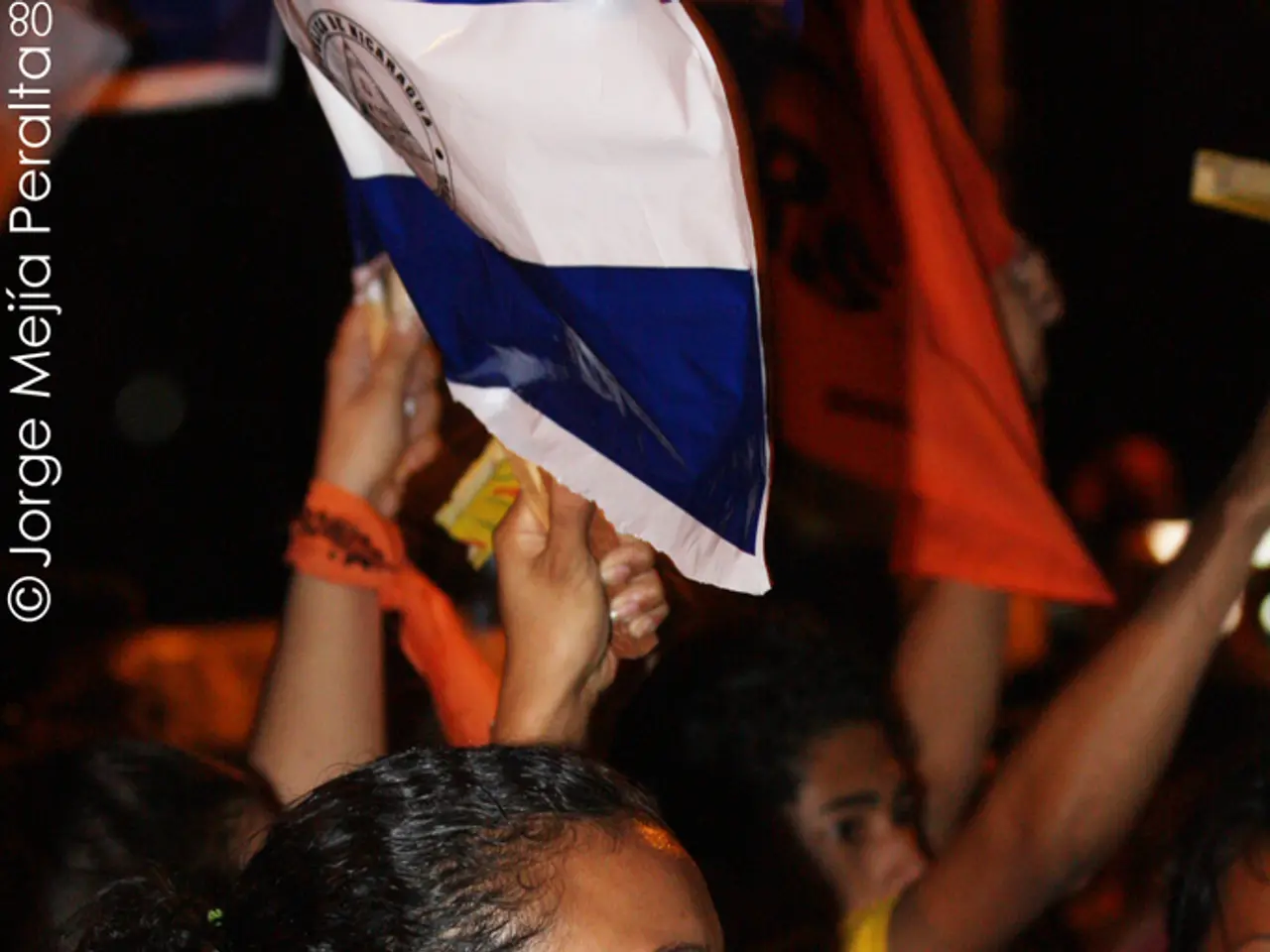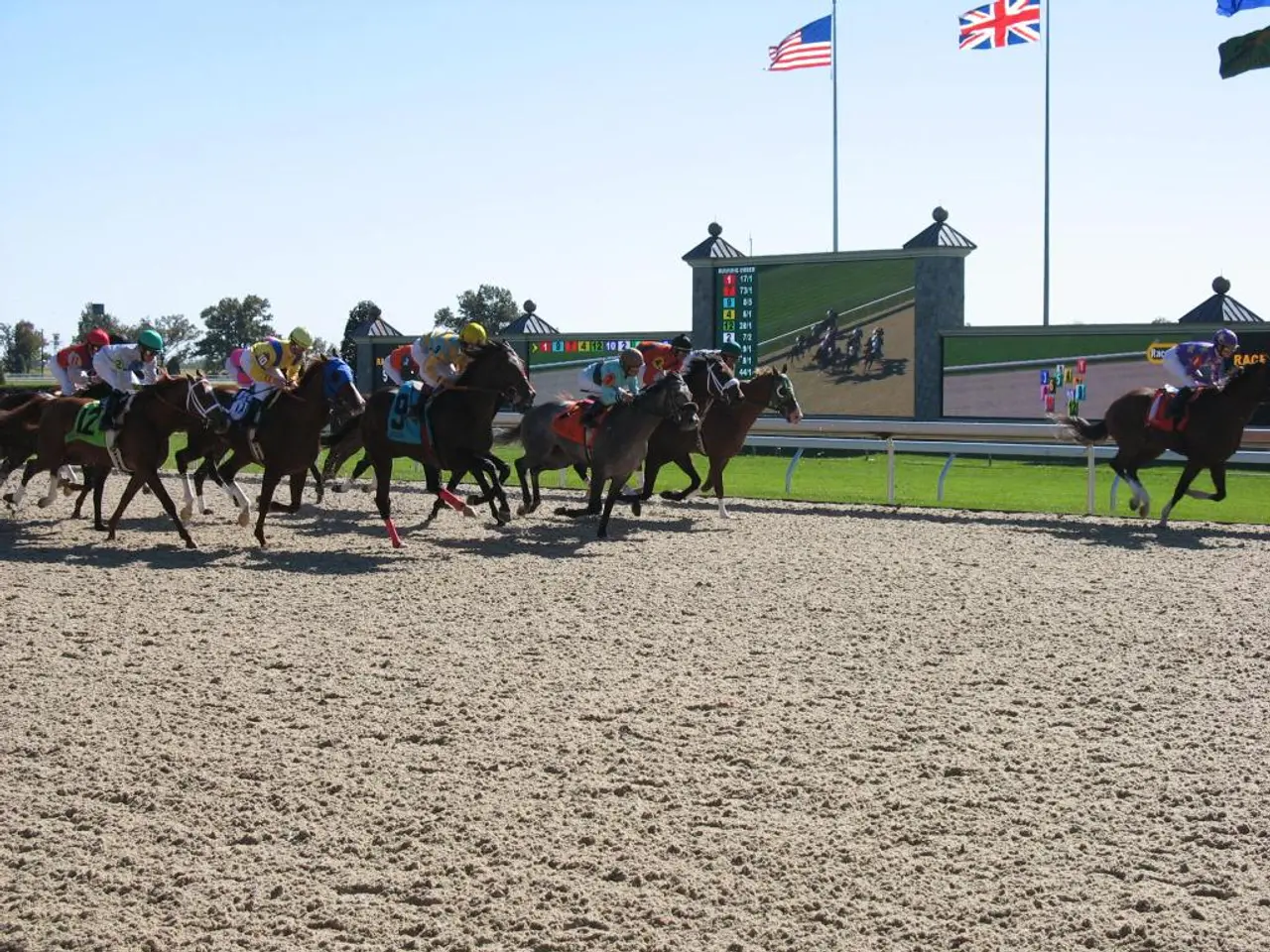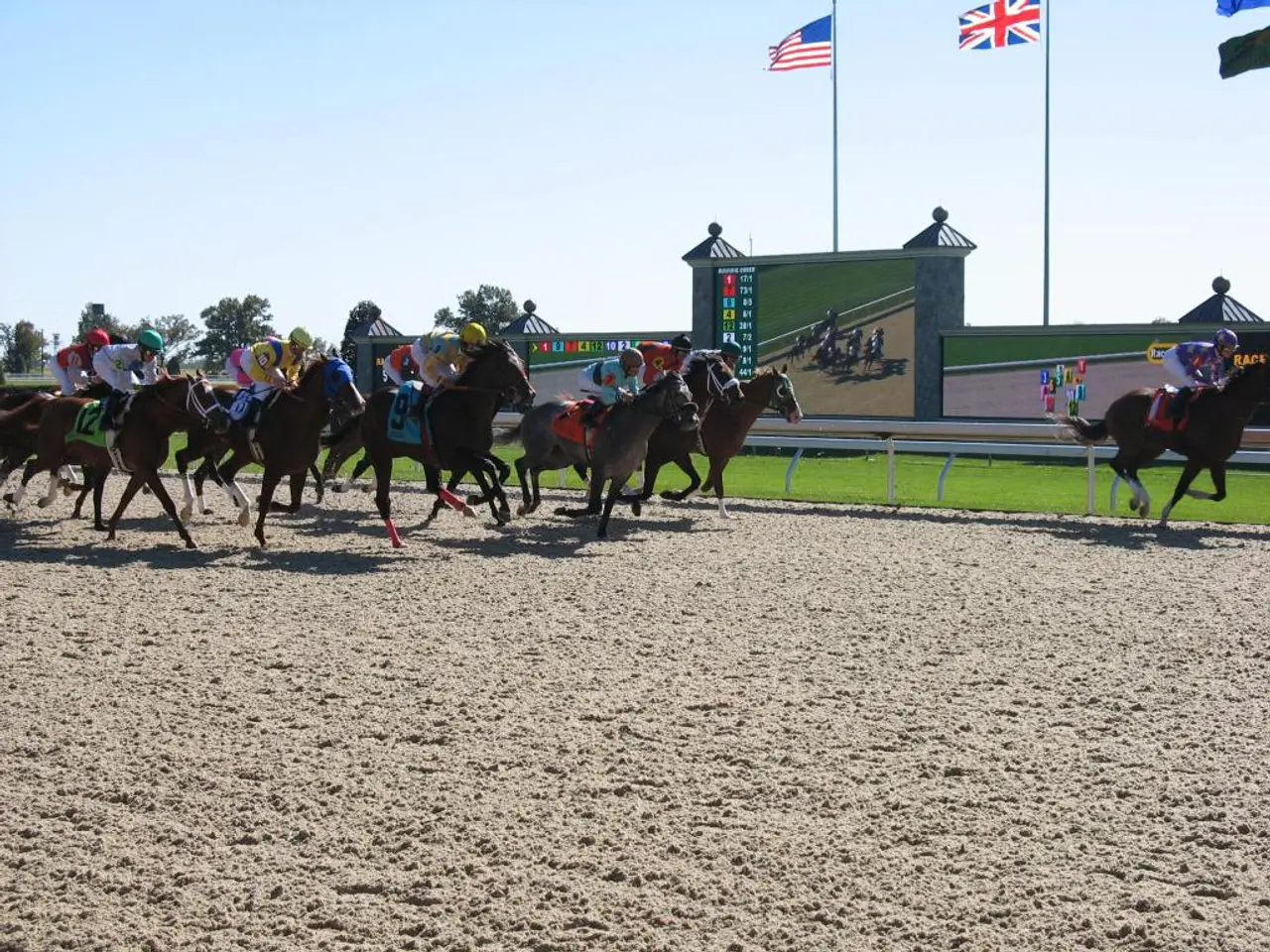Clinton endorsed strategy devised by campaign advisor to tarnish Trump with alleged Russia collusion, as revealed in declassified records
Newly declassified documents have shed light on a controversial episode from the 2016 election campaign, suggesting that Hillary Clinton's presidential campaign approved a plan to smear Donald Trump with false claims of Russian collusion.
According to a 2023 Durham report annex, Clinton's campaign financed and approved a strategy to link Trump to Russian collusion, a narrative that has been labelled as the "Russia hoax" orchestrated to damage Trump's candidacy. However, this narrative remains politically charged, with former intelligence officials defending the original investigations into Russian interference.
The plan, hatched by Clinton's top campaign adviser, involved disseminating information through FBI-affiliated technical structures like Crowdstrike and ThreatConnect, from where it would be disseminated through leading U.S. publications. Leonard Benardo, an Open Society senior vice president, was looped in on the scheme.
The intelligence for this plan came from two memos obtained by the Obama administration. In March 2016, then-FBI Deputy Director Andrew McCabe shared memos with senior officials at the Department of Justice, suggesting a plot to launch an investigation based on the Democratic campaign document.
The January 2017 intelligence assessment included details from the Steele dossier, an opposition research project funded in part by Clinton's campaign and the Democratic National Committee. Durham concluded that Smith, the Clinton campaign's foreign policy adviser, was playing a role in the Clinton campaign's efforts to tie Trump to Russia.
The documents also reveal that Clinton's campaign aimed to use the Russian collusion narrative to divert attention from Clinton’s own email scandal. Benardo wrote that the plan would be a long-term affair to demonize Putin and Trump, and that it would distract from Clinton's own email scandal.
Attorney General Pam Bondi, FBI Director Kash Patel, and other members of the US Intelligence Community declassified files from Durham's probe at the request of Sen. Chuck Grassley (R-Iowa). Grassley claimed that the Obama and Biden administration's law enforcement and intelligence agencies were weaponized against President Trump, causing critical damage to institutions and being one of the biggest political scandals and cover-ups in American history.
Ratcliffe stated that the files, some of which came from the CIA, showed "a coordinated plan to prevent and destroy Donald Trump's presidency." The memos contained "confidential conversations" between the Democratic National Committee and George Soros' Open Society Foundations.
The Obama administration, in particular, is under scrutiny for its handling of these allegations. The memos claim that President Barack Obama was putting pressure on FBI Director James Comey through Attorney General Loretta Lynch to wrap up the probe of Clinton's use of a private email server.
These revelations have sparked renewed debate about the role of political influence in intelligence activities during the 2016 election. Bondi and Patel insisted that the public disclosures would restore Americans' trust in the government and provide accountability. The Post reached out to reps for Clinton and the Open Society Foundations for comment.
- The Russia hoax narrative, orchestrated during the 2016 election, involved Clinton's campaign using media outlets to disseminate information about Trump's alleged Russian collusion through FBI-affiliated structures like Crowdstrike and ThreatConnect.
- The plan to smear Trump with false claims of Russian collusion was financed and approved by Clinton's campaign, with Leonard Benardo, an Open Society senior vice president, being looped in on the scheme.
- The Steele dossier, an opposition research project partially funded by Clinton's campaign and the Democratic National Committee, was included in the January 2017 intelligence assessment, further fueling the Russian collusion narrative.
- The Durham report annex suggests that Clinton's campaign aimed to use the Russian collusion narrative to divert attention from Clinton’s own email scandal, a long-term affair to demonize Putin and Trump.
- Controversies have arisen about the role of political influence in intelligence activities during the 2016 election, with claims that the Obama and Biden administration's law enforcement and intelligence agencies were weaponized against President Trump, causing critical damage to institutions.
